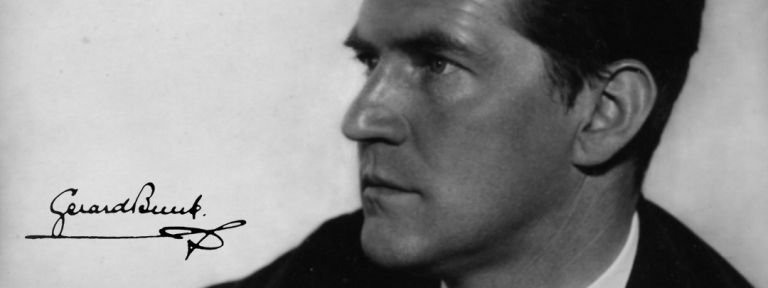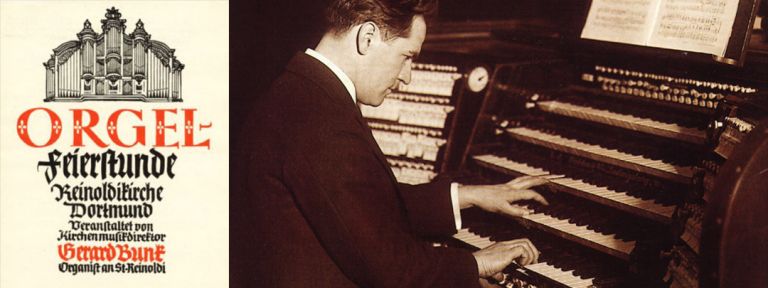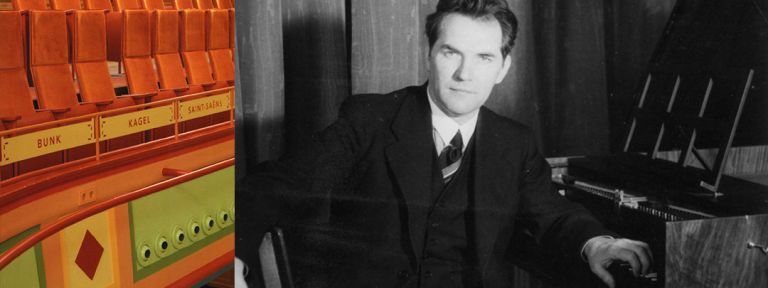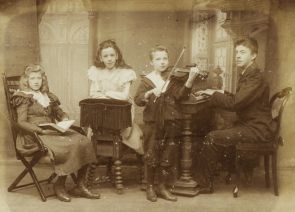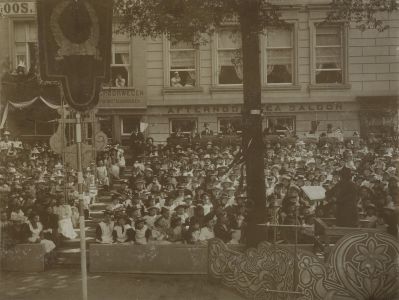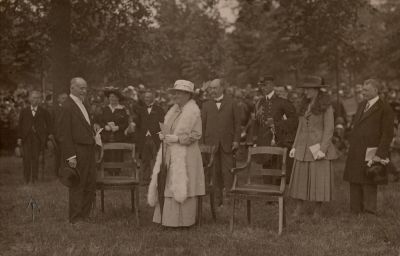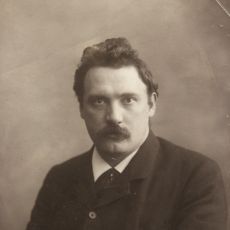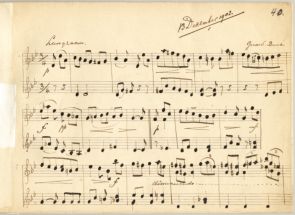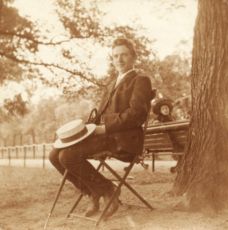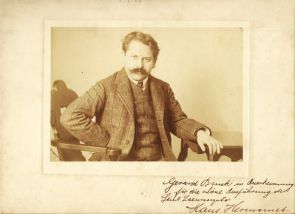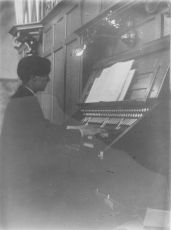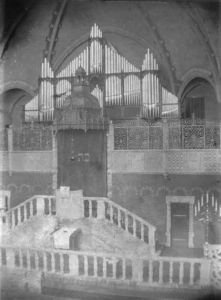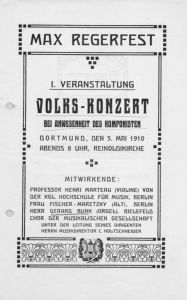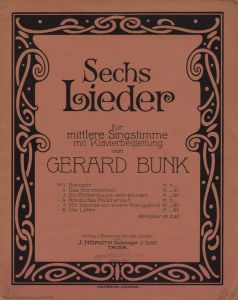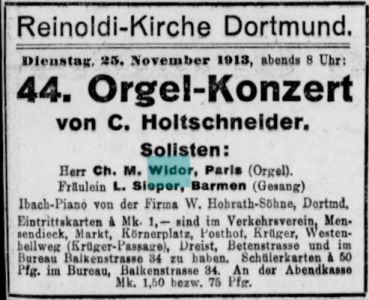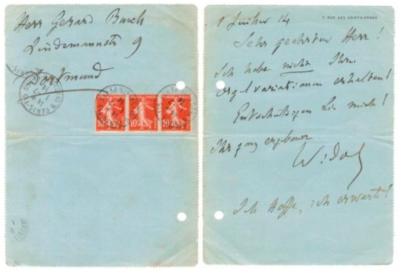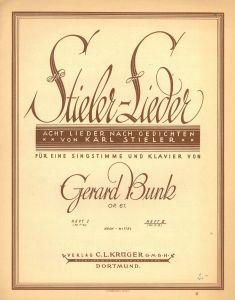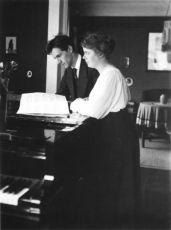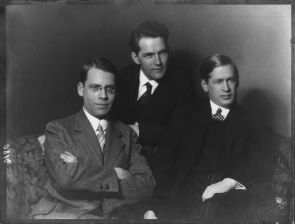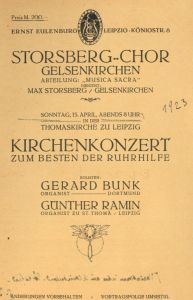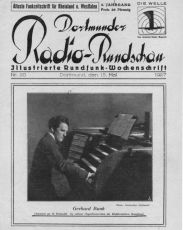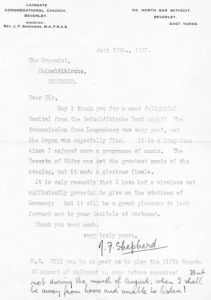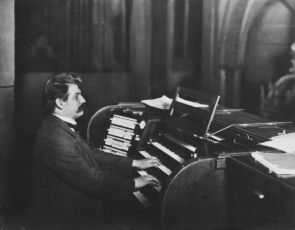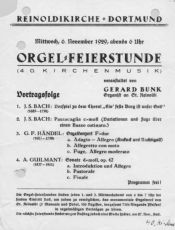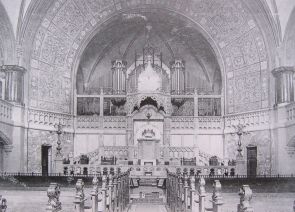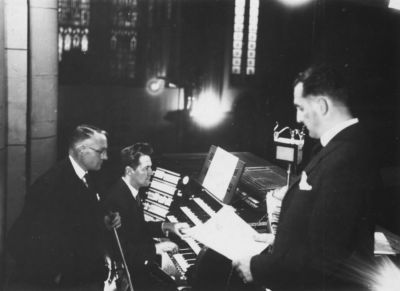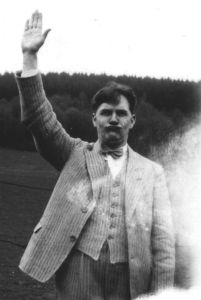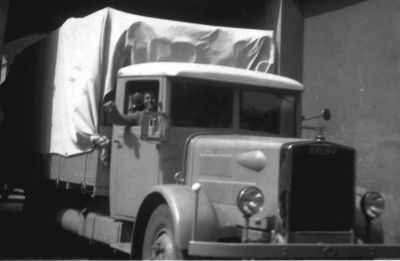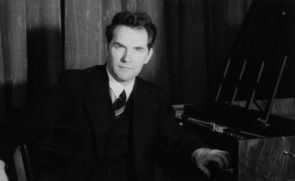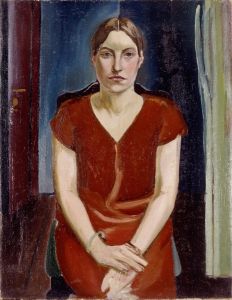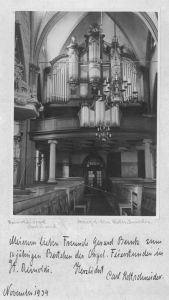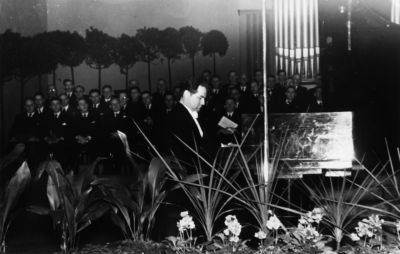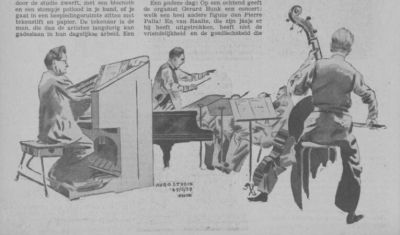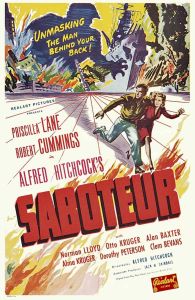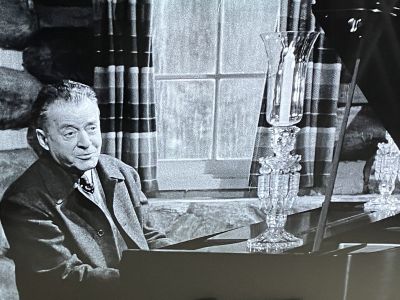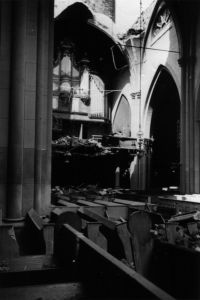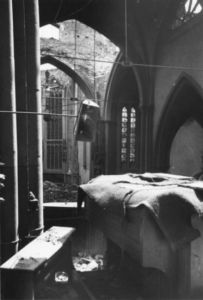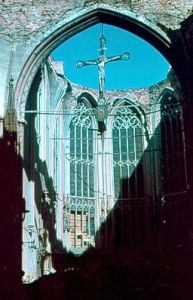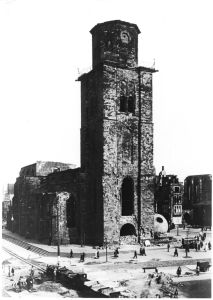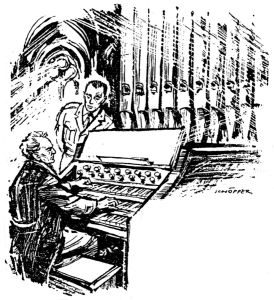1888
Gerard Bunk is born in Rotterdam on 4 March, the youngest of seven children of the school principle, music teacher and choral conductor Gerardus Cornelis Bunk and his wife Maria.
"... Bunk was already a popular figure in his town at that time. Thousands knew him with his black curly head, his broad figure, and they knew him above all because he was the given singing teacher and conductor on all kinds of public and national occasions. In Rotterdam, G. C. Bunk was the capable and enthusiastic forerunner of the later movement for the improvement and promotion of folk singing. He did pioneering work and was not only a theoretician whose books on singing and music theory were used for decades by all kinds of educational institutions, but above all: he did great service in Rotterdam for the practical improvement of singing. He was the leader of a 'Dames- en Kinderen-Zangvereeniging' (which was later named after him), and he has many times publicly led and guided the schoolchildren of Rotterdam at festive occasions." (Doe Hans: De stad aan de Maas: herinneringen aan Rotterdam, Leiden 1941, p. 9f., quoted after Schroeder 1974, p. 9)
"... We then attended a higher [social] class school where the music teacher was also the headmaster, Mr. G. C. Bunk. [...] The movements sung here were more difficult than those in the school first attended. Two passages with some difficult intervals, syncopations, modulations and the like, which I wrote on the blackboard, they sang admirably. Mr. Bunk did not help his pupils over difficulties by singing, as all good teachers do, in fact he [...] hardly sang at all; after a little explanation he let them find their way through as best they could. I could not help contrasting such teaching, as calm as it was effective, with the terrible travails to which our teachers subject themselves by singing by ear, so damaging and destructive to the voice, so weakening to the whole fabric." (Report of John Hullah, Esq., L.L.D., on Musical Instruction in Elementary Schools on the Continent, 1879)
